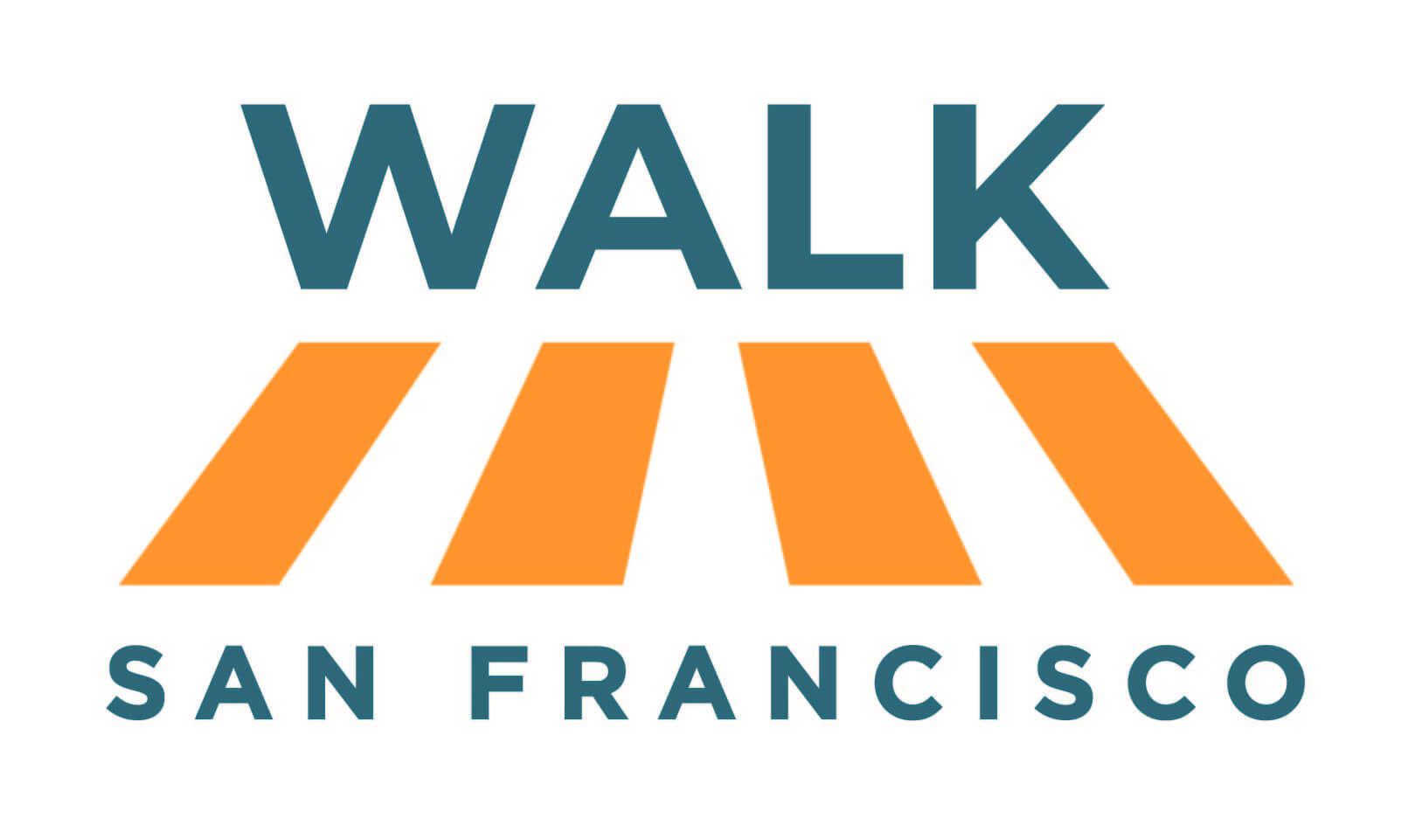Police Department-Walk SF joint statement
On March 28, Walk SF got a strong commitment from the police, spurred by February’s tragedy in the Tenderloin, to protect everyone’s right to walk safely.
Walk SF recently met with the Police Chief and the Mayor’s office; we are now releasing a joint statement (below) as a result. We will be meeting with the District Attorney as well, to urge more action on penalizing dangerous driving.
This is a real milestone. This is a commitment to accountable enforcement of the laws that protect you when you walk.
Walk SF appreciates the commitment by the Police Department and the Mayor to making San Francisco’s streets better and safer for everyone.
Joint Statement
from the San Francisco Police Department and Walk San Francisco
on Pedestrian Safety and Traffic Enforcement
March 28, 2012
After meeting with Walk San Francisco, the San Francisco Police Department would like to take the opportunity to join with Walk San Francisco in a statement of concern and action in response to the pedestrian hit in the crosswalk in the Tenderloin, as well as additional recent pedestrian collisions.
1) Update on the Tenderloin collision:
The Police Department heard the community’s concern about the crash in the Tenderloin and has issued a citation to the driver for failing to yield to a pedestrian in the crosswalk.
Walk San Francisco will meet with the District Attorney this month to discuss how and whether the driver in this instance can be charged and on how to penalize dangerous driving moving forward.
2) Additional actions to increase safety:
Enforcing 15-mph school speed zones:
The Police Department is currently implementing a systematic approach to enforcing all the city’s new 15-mph safer speed zones around schools, working closely with the Municipal Transportation Agency (SFMTA):
Each month, SFMTA gives the police the location of all new 15-mph zones. The following month, police go out and warn drivers at each school of the new speed limit, and the month after that, police issue tickets for speeding at each school.
This is an excellent precedent for citywide targeted enforcement. The police will continue to report on enforcement activity at each Mayor’s Pedestrian Safety Task Force meeting.
Enforcing pedestrian right-of-way:
Neighborhood enforcement: As part of each neighborhood police station’s regular traffic enforcement, police will carry out weekly actions citing drivers that fail to yield to pedestrians at crosswalks. These enforcement activities will be focused in the most dangerous areas, identified on a map of police data showing high-injury corridors and intersections.
Citywide enforcement: The Police Department’s central Traffic Company, the motorcycle police who carry out most of the city’s traffic enforcement, will also undertake weekly crosswalk right-of-way enforcement at the highest-priority locations identified on a map of police data showing high-injury corridors and intersections. This enforcement will rotate locations to ensure that over the course of a year, all of the most dangerous areas are covered.
Walk San Francisco will assist the Police Department in publicizing these activities to increase awareness.
Targeting enforcement on the most dangerous locations and behaviors:
Focusing enforcement: The Traffic Company is currently focusing traffic safety enforcement in high-injury corridors, citing the most dangerous behaviors:
- Speeding
- Failure to yield to pedestrians at crosswalks
- Running red lights and stop signs
Reporting on enforcement: The Traffic Company will report these enforcement efforts—citations, hours spent, locations, etc.—on a monthly basis to the Mayor’s Pedestrian Safety Task Force, of which Walk SF is a member.
Supporting the police’s ability to enforce: Currently, reporting on enforcement is made difficult by the fact that officers still have to actually hand-write citations and have them manually entered into a computer afterward. The SFMTA has committed to funding the purchase of 70 handheld electronic citation devices within the next six months, as well as setting up a computer program that will track and report on citations. This will be part of the Traffic Company’s reporting on a work order with SFMTA to do traffic enforcement on city streets.
Data sharing:
The Police Department, the Municipal Transportation Agency (SFMTA), and Department of Public Health hope to sign a data-sharing agreement soon and continue creating a system to share collision data promptly; a key piece of this will be transitioning this year from handwritten police collision reports to a modern electronic reporting system shared among agencies. This will inform enforcement and engineering efforts to make the streets safer for everyone.
The Police Department is putting together a request for funds, tools, and staff needed to implement this.
3) Making San Francisco’s streets safer:
These actions will help to meet the City goals set by the 2010 Mayor’s Executive Directive on Pedestrian Safety to: reduce serious and fatal pedestrian collisions by 25% by 2016 and by 50% by 2021, increase walking citywide, and reduce inequities among neighborhoods in pedestrian safety.
The Police Department is currently working with the Mayor’s Pedestrian Safety Task Force on a Pedestrian Strategic Action Plan to be finished this year. The plan will include additional enforcement actions to meet these goals, such as deploying additional technology such as more accurate “Lidar” speed guns, and additional targeted enforcement around schools, including schools without 15-mph zones and with the Safe Routes to School program.
The Police Department is strongly committed to keeping San Francisco’s residents, visitors, and workers safe and comfortable on city streets and looks forward to working with other city agencies and with Walk San Francisco to help everyone enjoy the city on foot.

